Rising prevalence of anaphylaxis and increasing healthcare spending are some of the key drivers for the global market growth. Additionally, emerging biologic drug therapies, minimized needle-stick injuries and growing aging population also support the growth of the global market.

In terms of therapeutic application, the auto-injectors market is segmented into anaphylaxis, multiple sclerosis, rheumatoid arthritis and others. The other applications include migraine, psoriasis and diabetes. Among the therapeutic application, the anaphylaxis segmented contributed to almost 88% of the overall market for auto-injectors in 2016. Some of the major factors driving the growth of this application include, increasing prevalence of anaphylaxis globally and rising awareness about the auto-injectors for treating various allergies effectively.
Request to Get the Sample Pages at: https://www.psmarketresearch.com/market-analysis/auto-injectors-market/report-sample
Healthcare spending by patients is concurrently increasing globally, due to the rising prevalence of chronic diseases, continuous rise of aging population and increasing healthcare expenditure by the government. Increasing prevalence of some of the chronic diseases such as diabetes, heart diseases and mental illness has led to an increase in the overall healthcare spending in developed and emerging economies. In developed countries, the disposable income is high leading to added affordability on the patient’s end who can spend on advanced healthcare facilities.
The increasing prevalence of these various chronic diseases has led to rising government and non-government initiatives which in turn has led to increased healthcare spending globally. Rise in affordability and accessibility of advanced healthcare solutions has further led to high healthcare spending. According to the World Health Organization (WHO), the total healthcare expenditure has increased globally, leading to high healthcare infrastructure and increased use of advanced healthcare devices such as pens, auto-injectors, wearable injectors for self-medication by patients suffering from anaphylaxis, diabetes, multiple sclerosis, migraine and rheumatoid arthritis. The demand for self-injection devices has been increasing with the increasing prevalence of such diseases which require daily or weekly doses and hence, supporting the growth of the global auto-injectors market.
Make Enquiry Before Buying the Report: https://www.psmarketresearch.com/send-enquiry?enquiry-url=auto-injectors-market
The auto-injectors market in Europe is expected to reach $537.2 million by 2023, growing at a CAGR of 17.4% between 2017-2023. The auto-injectors industry in Europe is witnessing growth mainly due to increasing prevalence of diseases such as anaphylaxis, multiple sclerosis, diabetes and rising geriatric population. According to European Academy of Allergy and Clinical Immunology, more than 150 million Europeans suffered from chronic allergy diseases in 2016. Among the various countries in the European region, the U.K. held the largest share of the European market for auto-injectors with 29.1% share in 2016.
Some of the key players operating in the auto-injectors market include Mylan N.V., Antares Pharma Inc., Becton, Dickinson & Co., Eli Lilly and Company, Pfizer, Inc., Bayer AG, Novartis International AG, Bristol-Myer Squibb, Novartis AG, Amgen Inc. and Biogen Inc.










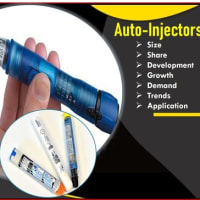
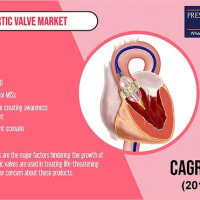
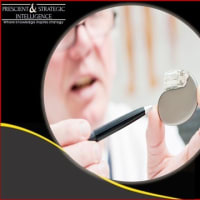
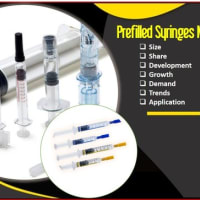
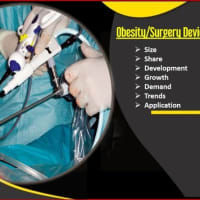
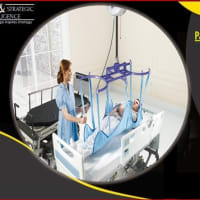
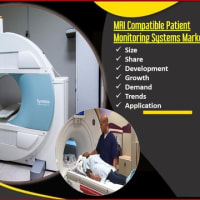
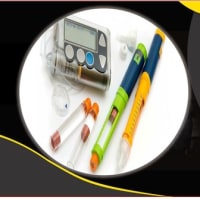
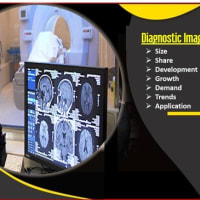
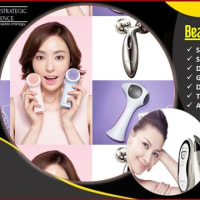
※コメント投稿者のブログIDはブログ作成者のみに通知されます